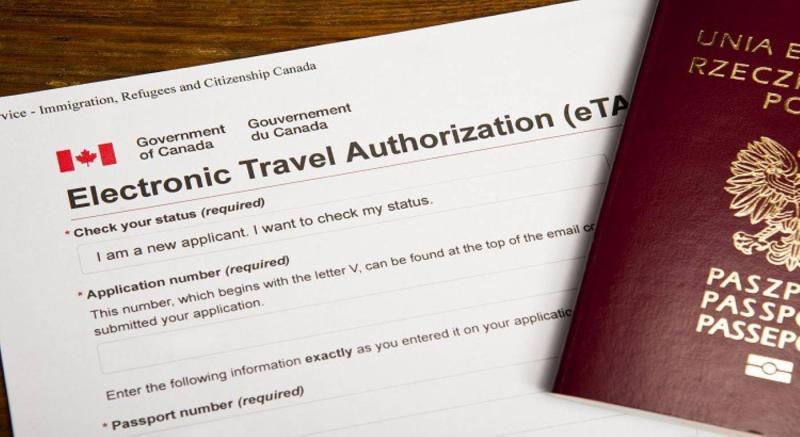International Students in Canada, a dilemma

Canada has always been a preferred destination for international students seeking quality education and a multicultural experience. However, in recent years, we have witnessed a significant increase in the number of these students for one purpose and one purpose only: to switch from holding a student visa to a work permit to a Permanent resident card. Indeed, our country’s future and economy is built on immigration. Notably, immigration used to be a very organized, well-calculated, and managed process to ensure that resources, infrastructure, health care, and all requirements to sustain a decent living standard were met.
While the number of international students is surging, a dilemma has arisen, causing a tug-of-war between the benefits they bring and the inevitable burdens they place on the Canadian economy and society, particularly in the realms of healthcare, employment, cultural integration, and social support.
One of the foremost concerns revolves around the strain on the healthcare system. The influx of international students, while contributing somehow to the country's educational institutions, puts pressure on the already ailing healthcare infrastructure.
Another argument is the impact on the job market. Critics argue that the availability of a large pool of international students willing to work for lower wages can lead to exploitation and displacement of local workers.
This concern is intensified by some international students being willing to accept lower wages due to their temporary status and the economic disparities in their home countries, and above all, to pay the debt to those agencies who lent them the funds needed in the first place to arrange for their admission to Canada and its educational institutions.
In the meantime, horrific stories have been told about how some of those students and their families are making significant sacrifices for their children to obtain student visas; these sacrifices even involve death threats if their children cannot pay back their debts on time.
Such a dreadful situation may drive some students to start following illegal practices to cover their debts and protect their families. In many other reported incidents, the international students have been regular visitors to food banks, consuming food over the system's capacity and depriving many families and children of obtaining the essential needs to survive.
Cultural assimilation is vital to hosting international students, and a lack of understanding or respect for Canadian culture and principles can create tensions within the community. Cultural ignorance or insensitivity can strain social harmony and hinder the integration of international students into the fabric of Canadian society.
The issue of road safety and adherence to driving laws by some international students has also come under scrutiny. Reports of traffic violations and accidents involving international students have raised concerns about their familiarity with local driving ethics. Many incidents have been witnessed about how drivers suffer from the misbehavior of some of those student drivers and how they put many commuters at daily risk.
In navigating this delicate balance, it is essential to recognize the valuable contributions of international students to Canada's cultural diversity, innovation, and economic growth. Simultaneously, addressing the challenges requires a comprehensive approach involving government policies, educational institutions, and the active participation of the broader community. Striking the right balance will not only enhance the overall experience for international students but also ensure that Canada continues to be an attractive and welcoming destination for individuals seeking educational opportunities.














